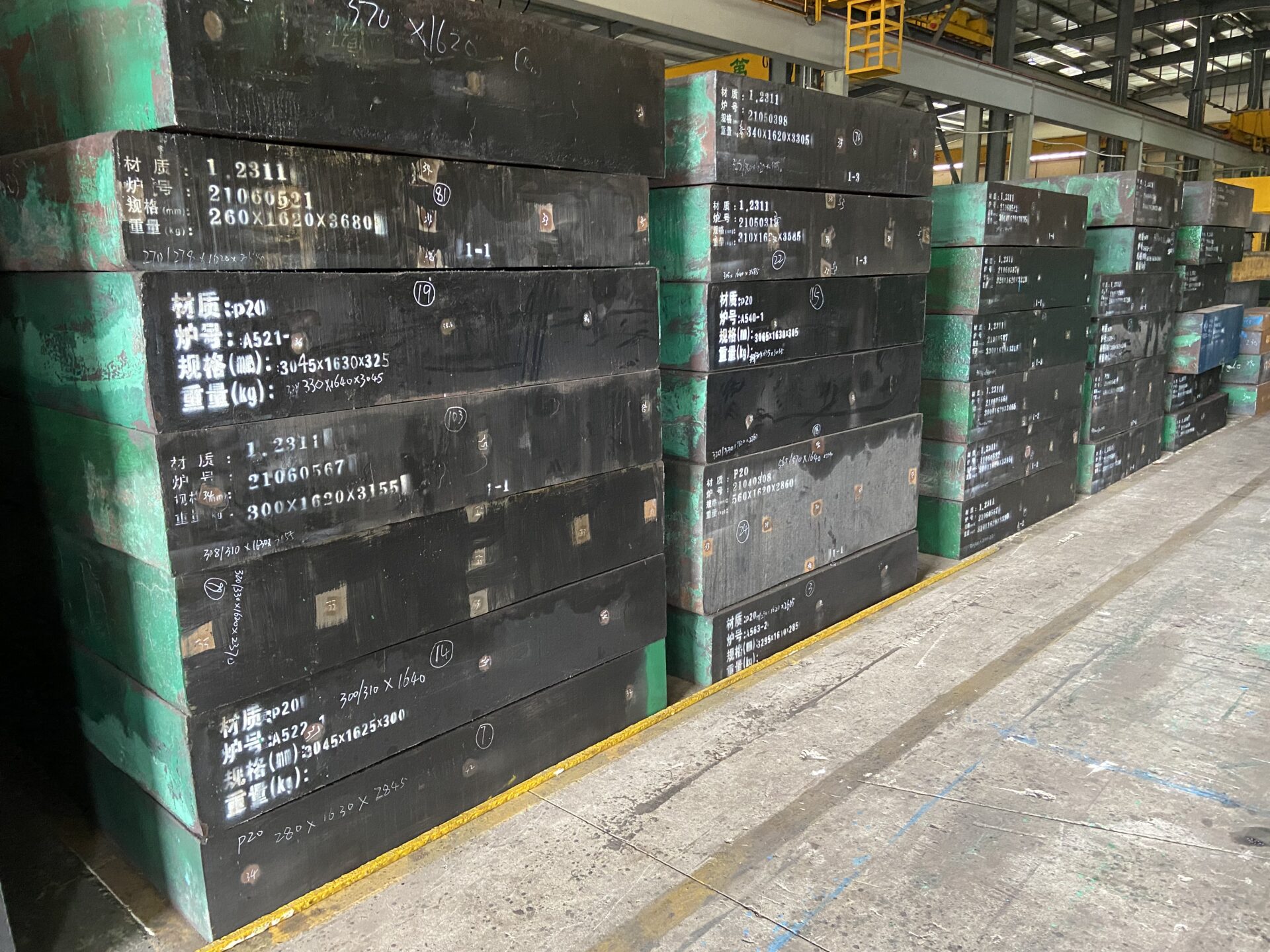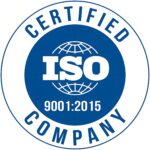U.S. tariff expansion on steel, aluminum raises global trade risks, expert warns
The U.S. Commerce Department announced last week that it is extending its 50 percent tariffs on steel and aluminum imports to encompass hundreds of derivative products, a move that is set to deepen global supply chain risks.
This expansion, effective on Monday, adds 407 product codes to the Harmonized Tariff Schedule, identifying goods now subject to tariffs based on their steel and aluminum content. The non-metal materials in these products will also be taxed according to tariff rates established for goods from specific origin countries.
Following an increase from 25 percent to 50 percent in June, the expanded tariffs represent yet another unilateral adjustment of U.S. trade policy and contribute to growing instability in worldwide markets, Zhou Mi, a senior research fellow at the Chinese Academy of International Trade and Economic Cooperation, told Global Times.
The expanded tariffs are expected to impact various industries in the U.S., including automotive, construction and manufacturing sectors. Companies that rely on imported steel and aluminum components may face increased costs, potentially leading to higher prices for consumers.
The automotive sector has already been experiencing notable cost increases since June. Manufacturers like Ford and Molson Coors have reported multimillion-dollar cost surges due to the tariffs, which have raised aluminum prices, while Deere & Company has increased its projected tariff-related expenses for the fiscal year to $600 million, up from an earlier estimate of $500 million.
In the consumer goods sector, companies have also been feeling the impact. AriZona Beverages, known for its 99-cent iced tea, may be forced to raise prices due to the increased tariffs on aluminum. The company said even though 80 percent of its can sheet metal comes from recycled U.S. beverage cans, 100 percent of its aluminum is subject to tariffs. It uses over 45,000 tonnes of aluminum annually, with 20 percent imported from Canada.
With limited domestic substitutes available, U.S. businesses and consumers remain dependent on imports, Zhou said, adding that higher tariffs are expected to drive up costs, squeeze profit margins, and erode competitiveness in the market.
The move has also raised concerns among trading partners, who may consider retaliatory measures in response to the U.S. actions. In March, Canada, which accounted for 70 percent of U.S. aluminum imports last year, imposed 25 percent counter-tariffs on $21 billion worth of U.S. goods in response to the steel and aluminum duties. It has consistently threatened to introduce other retaliatory measures as trade tensions between the two countries escalate.






.jpg)




